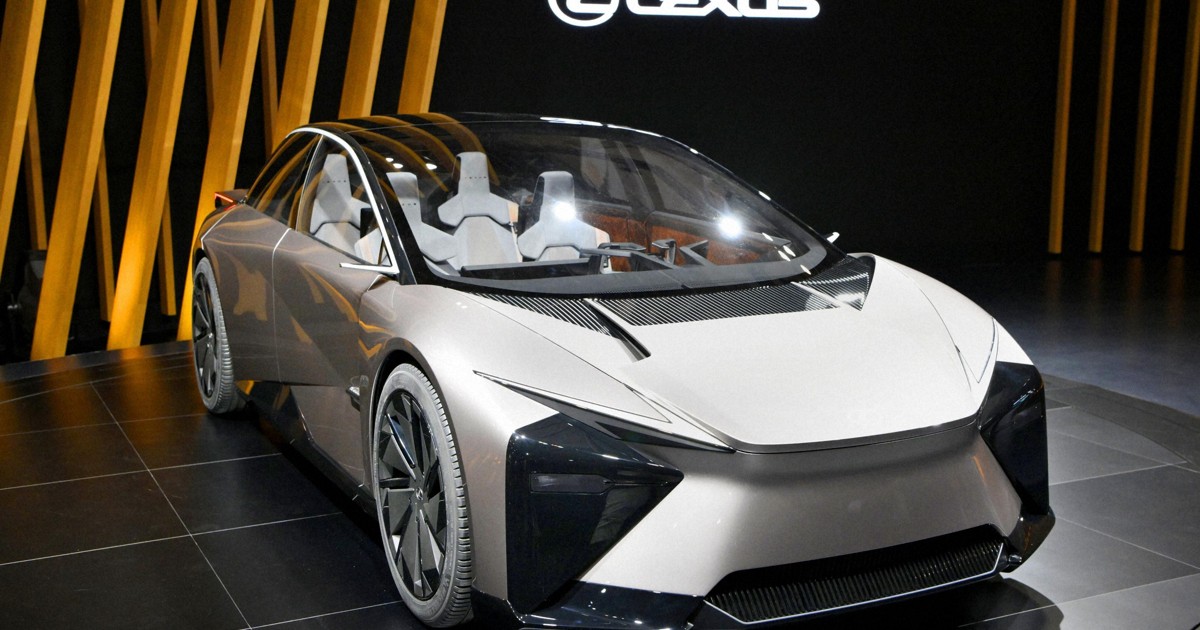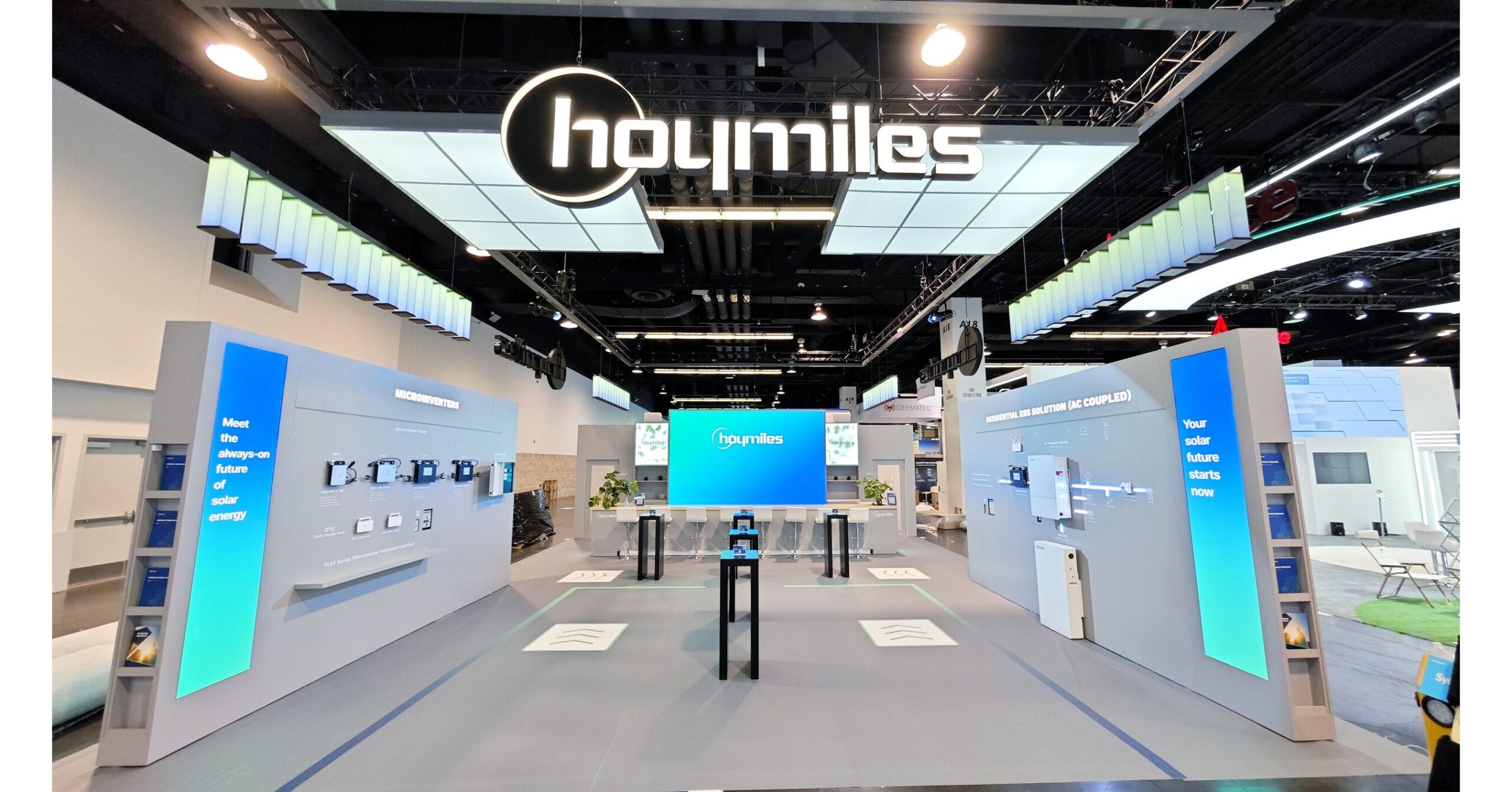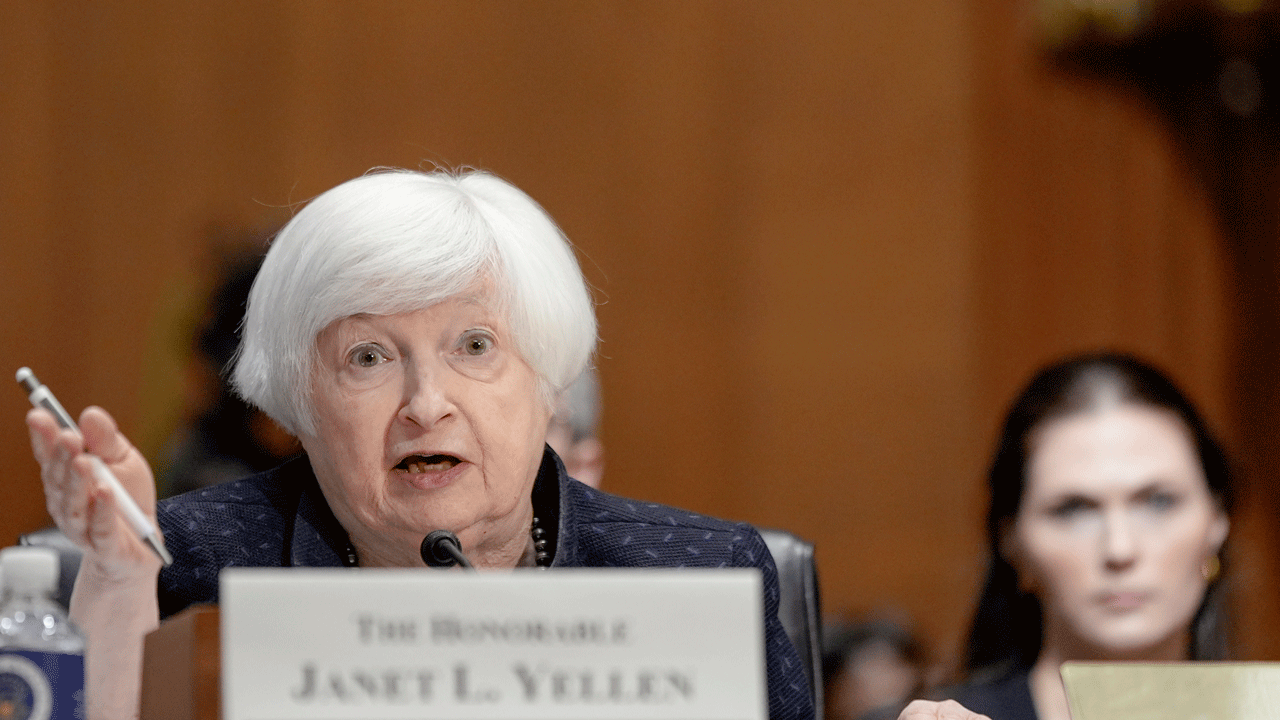Toyota Motor Corp. has revised its global production target for electric vehicles (EVs) in 2026, reducing it by approximately 30% to around 1 million units. This adjustment comes in response to declining demand for all-electric cars, according to sources familiar with the matter.
Industry-Wide Reassessment of EV Strategies
The decision mirrors a broader trend among global automakers facing sluggish EV sales. Volkswagen AG recently hinted at potential factory closures in Germany, and Volvo Cars has abandoned its goal of selling only fully electric vehicles by 2030. Toyota, which initially planned to sell 1.5 million EVs by 2026 under President Koji Sato’s leadership, has notified its parts suppliers of the updated target.
Challenges in the EV Market
The EV market initially saw rapid growth, driven by popular models from Tesla Inc. and China’s BYD Co. However, sales have slowed as the high cost of battery-driven cars and limited charging infrastructure deterred widespread adoption beyond early enthusiasts. Additionally, fierce price competition in China, where local brands are offering more affordable EVs, is putting pressure on foreign manufacturers.
Shifting Focus to Hybrid Vehicles
While Toyota sold approximately 104,000 EVs in 2023—more than four times the previous year’s figure—it remains a small fraction of the company’s total vehicle sales of over 10 million units. In contrast, Toyota’s hybrid cars continue to see strong demand, as they are perceived as a more practical option for achieving carbon neutrality. In response to market conditions, Toyota plans to increase production of plug-in hybrid vehicles.
Source: mainichi.jp





